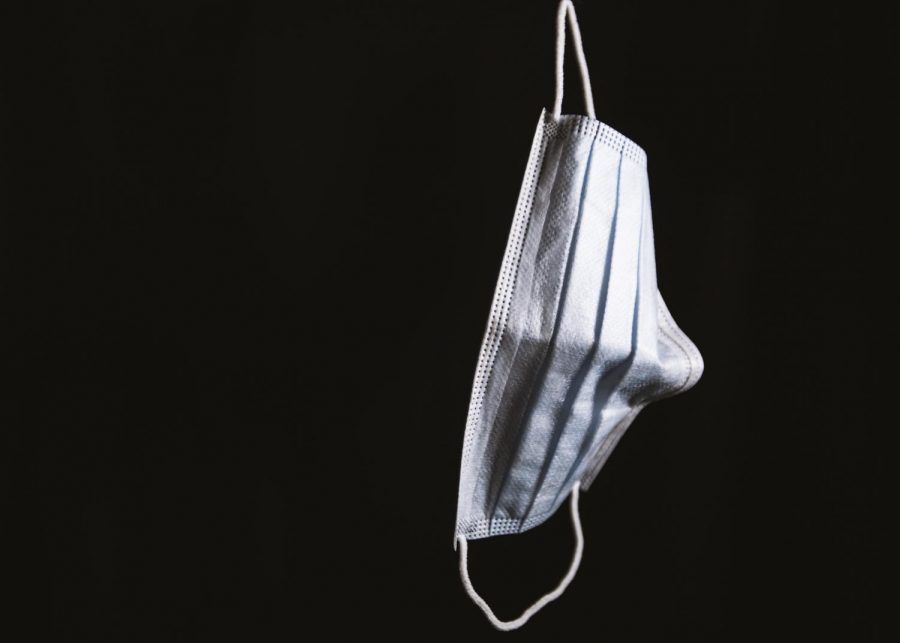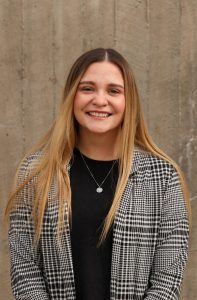Reframing the Conversation: Experts From Campus and Across the Country Discuss the Rise of Anti-Asian Hate
“Some individuals have taken to social media to make memes about the coronavirus while others have documented instances of discrimination in public spaces and taken a stand against xenophobia.” (Photo by Justin Prather | Daily Utah Chronicle)
September 16, 2020
Experts gathered virtually on Sept. 16, 2020, to discuss the rise of anti-Asian hate that has coincided with the COVID-19 pandemic. Experts from campus and the community discussed how difficult it can be to be phenotypically Asian or of Asian descent during this time.
Promoted by the Office of Equity, Diversity, and Inclusion at the University of Utah, the goal was to provide enriching educational experiences for students and faculty by discussing topics like racism, othering and safety. Led by Vice President Mary Ann Villarreal, the Office of Equity, Diversity, and Inclusion strives to create an environment of learning through their Reframing the Conversation events held monthly.
Held online to adhere to social distancing practices, the panelists gathered and prepared to answer questions from the moderator, Karen Cone-Uemura, a psychologist at the University Counseling Center, and from those in attendance.
The panelists were composed of those with expertise and experience with discrimination against Asian peoples and minorities. The roundtable type of discussion began with what it means to be a student here at the U, particularly those affected by discrimination in coordinate with the pandemic.
“We have taken notice of the physical, mental [toll] and discrimination and violence against Asian communities. To help combat this rising hatred, earlier this year, the EDI and the university supported the national hashtag ‘Wash the Hate,’ which was designed to raise awareness about anti-Asian bigotry. This installment of Reframing the Conversation is actually part two of a dialogue that began earlier this year in support of our students and the Wash the Hate campaign,” said Mary Ann Villarreal, Vice President for Equity, Diversity, and Inclusion.
The conversation talked about the progression of anti-Asian hatred and how the pandemic has altered the already existent anti-Asian sentiment, which has been around for years prior.
“The pandemic has heightened the fact that we are a part of the Asian American community. Very specifically for me, every time I’m in Utah, the air is very dry and I cough. I’ve become very conscious of the fact that I am an Asian American. It’s a very uncomfortable feeling to have that focused on you. I’d like to just be able to go and live naturally but I can’t do that with this Asian face,” said Theda D. Petilos MA, MBA, member of Utah Asian Chamber of Commerce and Asian Association of Utah.
Among discussing anti-Asian discrimination, they also talked of the wedge of division among minority groups. Though the idea of a model minority, Asian Americans are sometimes thought to be different from their Latin American, Middle Eastern, African American or Indigenous allies, and do not always experience racial oppression in the same ways.
“We’re coming together as a student group as well as being allies for other issues that are going on with minority communities such as Black Lives Matter. [At] our first meeting we talked about how Asian Americans can be allies. By recognizing our privilege and recognizing we all experience different types of oppression we are able to address the problem[s] going on with our communities,” said Lehua Kona, External Vice President of the Asian American Student Association.
The panelists discussed racism toward Asian healthcare workers and Asian patients during the ongoing pandemic as well as physical and mental health issues. They also mentioned resources for not only U students, but high school students and the general public. One of the resources was the Center for Ethnic Student Affairs, which offers resources to students navigating “cultural, economic, social and institutional barriers in order to achieve academic excellence.”
They also encouraged those listening to take action.
“Because at the end of the day, if we continue to be silent then we can’t enact change,” said Petilos.
Reframing the Conversation has upcoming events that will go over issues in the LGBTQIA+ community and with health and disability. Registration for the events is free but required. Through these conversations, the university hopes to continue working toward breaking barriers and creating a safe environment for students and faculty.








